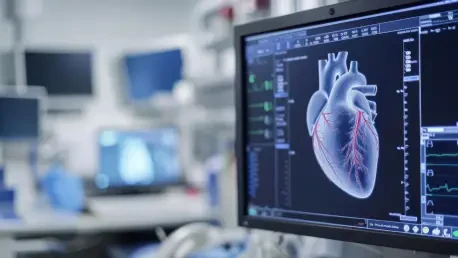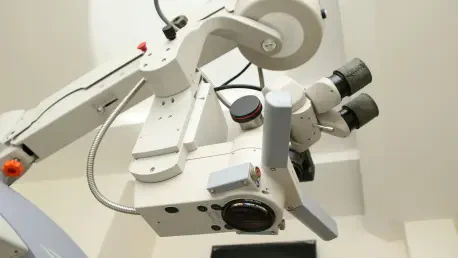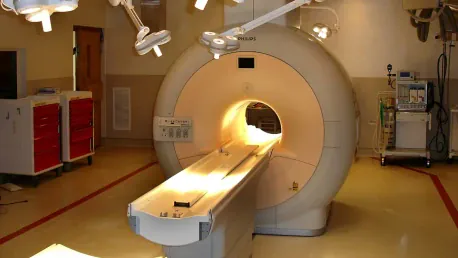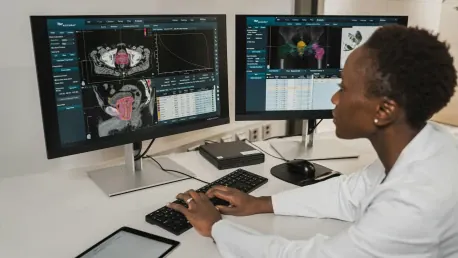
The evolving landscape of Alzheimer's diagnosis is now seeing groundbreaking advancements as Sarasota Memorial Hospital (SMH) adopts advanced nuclear imaging tools. In the past, diagnosing Alzheimer's required patients to travel elsewhere for specialized tests like DaTscans and PET scans.

Recent advancements at the University Hospitals Harrington Heart & Vascular Institute have propelled cardiac imaging into a new era, highlighting the significant role of Flyrcado™ (flurpiridaz F 18) in streamlining the diagnosis process for coronary artery disease (CAD). As the leading cause of

In this interview, we’re joined by James Maitland, a leading expert in robotics and IoT applications in medicine. James shares his insights into the groundbreaking study on the use of PET imaging to detect long-term heart and lung damage from COVID-19, highlighting significant implications for f

The medical diagnostics landscape is witnessing a groundbreaking shift with GE HealthCare's innovative integration of artificial intelligence into imaging technology. Recently, the U.S. Food and Drug Administration granted 510(k) clearance to GE HealthCare's Aurora nuclear medicine system

Theranostic nuclear medicine presents a compelling opportunity to diagnose and treat cancer using radioactive isotopes capable of emitting imaging and therapeutic particles. One such promising isotope is Terbium-161 (Tb-161), which emits both beta particles and low-energy photons, making it

A groundbreaking development in the realm of medical imaging is offering refreshing insights into the lingering effects of COVID-19, known as long COVID, which continues to affect countless individuals even after initial recovery. The new approach utilizes a specialized PET imaging method designed